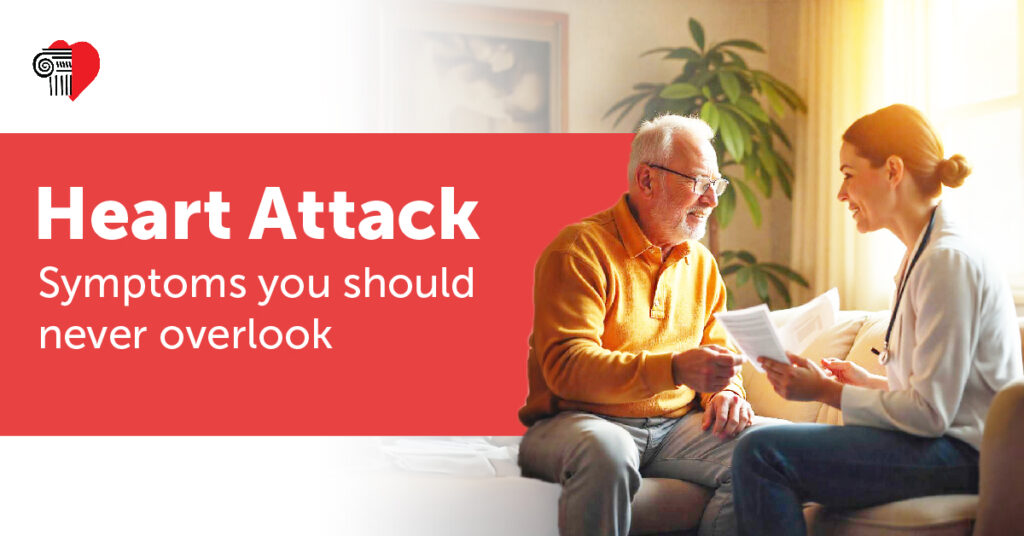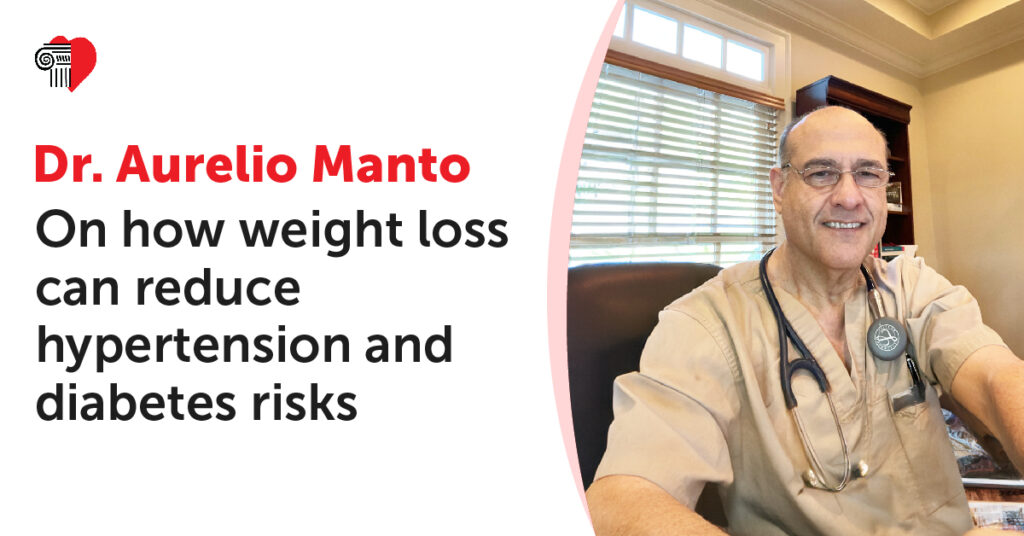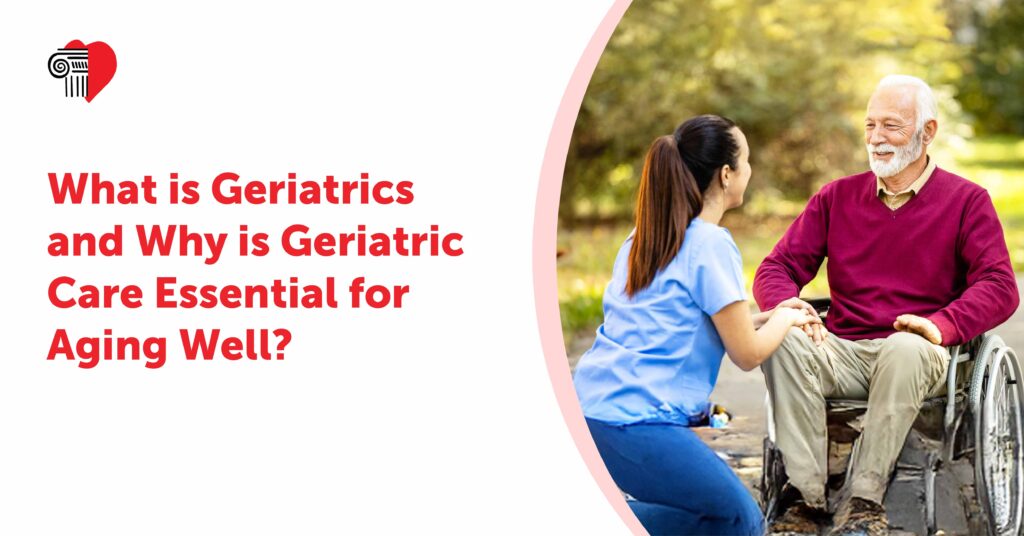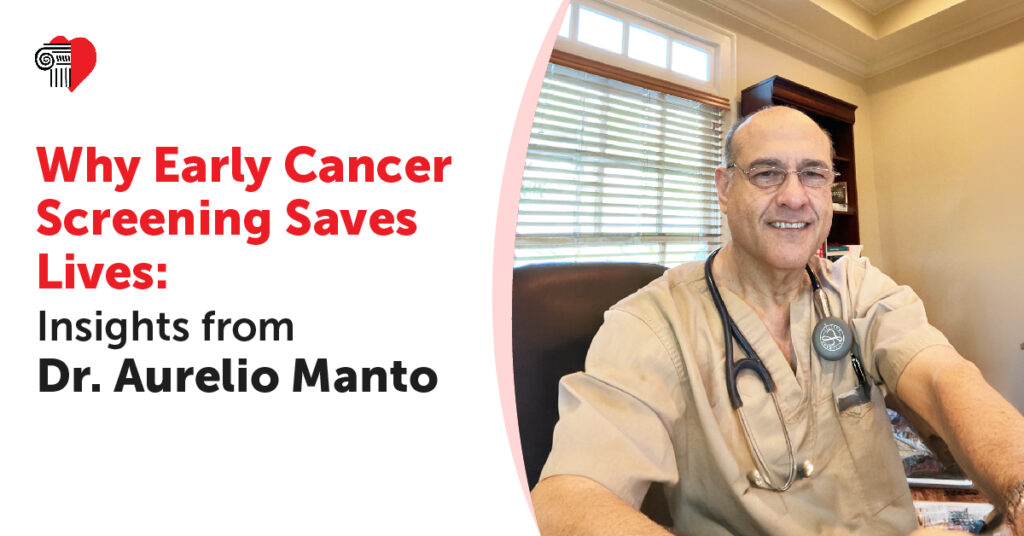Heart Attack Symptoms You Should Never Overlook
Heart Attack Symptoms You Should Never Overlook Heart disease is a leading cause of death worldwide, and heart attacks are among the most serious manifestations of cardiovascular problems. Often, the difference between life and death during a heart attack lies in recognizing the warning signs and seeking prompt medical attention. Understanding the symptoms of a heart attack, including pre-heart attack warning signs and cardiac arrest symptoms, can save lives. In this blog, we’ll explore the critical symptoms of a heart attack, how to distinguish them from other conditions, and why immediate action is essential. What Is a Heart Attack? A heart attack, also known as a myocardial infarction, occurs when the blood flow to a part of the heart is blocked, typically by a blood clot or buildup of plaque in the coronary arteries. This blockage prevents oxygen and nutrients from reaching the heart muscle, leading to tissue damage. Unlike a sudden cardiac arrest, which is the abrupt cessation of heart function, a heart attack can present gradually with warning signs. Symptoms of a Heart Attack Heart attack symptoms can vary from person to person, and not everyone experiences the “classic” symptoms. Below are the key warning signs: 1. Chest Pain or Discomfort The most common and well-known symptom is chest pain, often described as a tightness, pressure, or squeezing sensation. This pain usually occurs on the left side of the chest and may last several minutes or come and go. However, not all heart attack victims experience severe chest pain—especially women and older adults. 2. Pain Radiating to Other Areas Heart attack pain often extends beyond the chest, radiating to the arms (especially the left arm), neck, jaw, back, or even stomach. This pain may feel dull or sharp and is an important symptom to recognize. 3. Shortness of Breath Many people report feeling out of breath or unable to take full breaths before or during a heart attack. This may occur alongside or independently of chest discomfort. 4. Sweating Unexplained sweating, particularly cold sweats, is a common warning sign. If you break into a sweat without exertion, it could indicate a serious problem. 5. Fatigue Feeling exhausted, even after mild physical activities, can be a pre-heart attack symptom. Women are more likely to experience this symptom. 6. Nausea and Dizziness Indigestion, nausea, or dizziness may precede or accompany a heart attack. These symptoms can sometimes be mistaken for a less serious condition like acid reflux or food poisoning. Recognizing Pre-Heart Attack Symptoms The body often gives early warning signs before a full-blown heart attack occurs. These pre-heart attack symptoms may include: Mild Chest Discomfort: Intermittent and less intense chest pain or tightness. General Malaise: A feeling that something isn’t right. Unexplained Weakness: Sudden loss of strength or endurance. Cardiac Arrest vs. Heart Attack Though the terms are often used interchangeably, cardiac arrest and heart attack are distinct medical emergencies. Cardiac Arrest: The heart suddenly stops beating, often due to an electrical malfunction. It causes immediate unconsciousness and requires CPR or a defibrillator to restore heart rhythm. Heart Attack: The heart continues to beat but is starved of oxygen due to a blocked artery. It is a progressive condition that requires urgent medical attention but may not immediately cause loss of consciousness. Understanding the symptoms of each condition is crucial to ensuring the right treatment is administered in time. Why You Should Never Ignore Symptoms Ignoring the early signs of a heart attack can have life-threatening consequences. Without timely medical intervention, heart muscle damage can worsen, increasing the risk of complications such as: Heart Failure Arrhythmias (irregular heartbeats) Stroke If you or someone you know experiences symptoms of a heart attack, even if they seem mild, it’s critical to call emergency services immediately. Risk Factors for Heart Attack While heart attacks can happen to anyone, certain factors increase your risk, including: High blood pressure High cholesterol levels Smoking Obesity Diabetes Family history of heart disease Adopting a healthy lifestyle can significantly reduce these risks. What to Do During a Heart Attack If you or someone else shows signs of a heart attack: Call Emergency Services Immediately: Every second counts. Chew an Aspirin: Aspirin can help thin the blood and reduce clotting if not allergic. Stay Calm: Sit or lie down to minimize strain on the heart. For cardiac arrest symptoms, administer CPR or use an automated external defibrillator (AED) if available until medical professionals arrive. How to Prevent Heart Attacks While some risk factors, such as genetics, are unavoidable, many lifestyle changes can help prevent heart attacks: Adopt a Heart-Healthy Diet: Prioritize fruits, vegetables, lean proteins, and whole grains while limiting saturated fats and sugar. Stay Active: Regular exercise strengthens the heart and improves circulation. Aim for at least 30 minutes of moderate activity most days of the week. Quit Smoking: Smoking damages blood vessels and increases the risk of plaque buildup. Manage Stress: Chronic stress can negatively affect heart health. Practice mindfulness, yoga, or other relaxation techniques. Conclusion Recognizing early heart attack signs, such as chest pain on the left side, shortness of breath, and fatigue, is vital for timely care. Ignoring these warning signals can have life-threatening consequences. Protect your heart by staying informed, adopting a healthy lifestyle, and seeking prompt medical help when needed. At Athens Heart Center, we offer expert cardiac care, preventative solutions, and personalized support for your heart’s health. Your heart works hard every day—make it a priority. Visit us today to learn more and take a proactive step toward a healthier, longer life. Don’t wait—act now!




